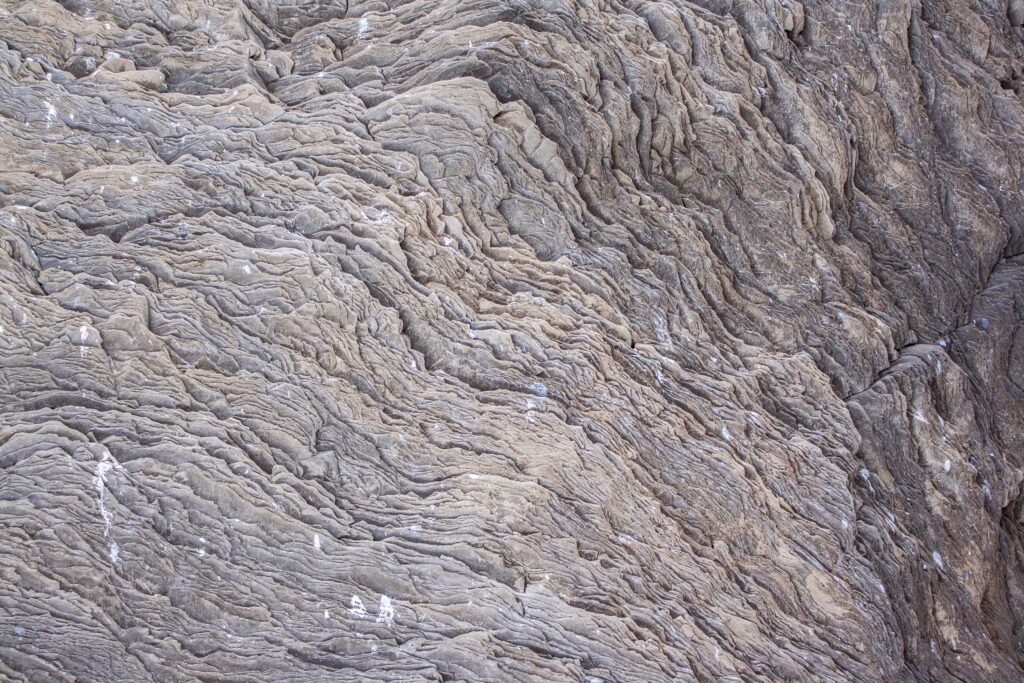I favor implication, allowing each reader to respond to a story based somewhat on his or her preconceptions. To appreciate the nuances of a novel, however, does require a level of openness to let the story communicate on its own terms. To me, that is part of the appeal of fiction. Therefore, using a framework of introductory literary analysis—with the caveat that there are some mild plot spoilers—I offer you this series as a way to delve deeper into the authorial vision of my debut novel, There was Music.

Exploring Identity
Deeper into Theme
I am fascinated by the concept of a fugue. In its musical definition—“a contrapuntal composition in which a short melody or phrase (the subject) is introduced by one part and successively taken up by others and developed by interweaving the parts”[1]—there is a parallel to the relationship between my narrative structure and themes, how the three progressing parts of There was Music weave together the “melodies” or layers of Rhoda’s identity. In psychiatry, a fugue is “A loss of awareness of one’s identity, often coupled with flight from one’s usual environment.”[2] Throughout the narrative, Rhoda’s original “melody” of youthful hope and innocence is suppressed by external forces, repressed by adaptive survival, exhumed by freedom, and finally reclaimed and reinvigorated. In this, Rhoda demonstrates agency, music literally and thematically providing one of the keys. Agency points to a theme about what can be controlled, for Rhoda faces two recurring questions: “Who are you?” and “Why are you here?” The first is existential, directed at self-identity, and the second concerns choice.
When she finally departs Nabilak and escapes Katesh, no layer is fully in tact. She feels shame. Through her relationship with Bard, however, she begins to realize that value can be drawn from all these layers, that she is all of them and more; that identity cannot be contained to one and that they are not mutually exclusive. Bard encourages the power within her, not as a denial of her suffering, but an affirmation of her enduring spirit—how “peril, sorrow, and the shadow of death can bestow dignity, and even sometimes wisdom.”[6] Or as Ernest Hemingway writes, “The world breaks everyone and afterward many are strong in the broken places.”[7] This is not easy, for Rhoda has at times submitted to her adversaries’ projections in order to survive, raising a question posed by Card about whether “it’s impossible to wear an identity without becoming what you pretend to be.”[8]
Identity is an abstraction, and Rhoda’s history is abstraction—what Atwood describes as “a great darkness, and filled with echoes. Voices may reach us from it; but what they say to us is imbued with the obscurity of the matrix out of which they come; and, try as we may, we cannot always decipher them precisely in the clearer light of our own day.”[9] Yet, Rhoda realizes that she has power to resolve how she sees herself, ultimately choosing to see herself as Rhoda, the identity longest held, which was imparted by her parents’ faith in “evergreen” goodness and possibility.[10] This identity has been protected throughout the narrative, much like with Atwood’s Offred: “I keep the knowledge of [my true] name like something hidden, some treasure I’ll come back to dig up, one day. I think of this name as buried. This name has an aura around it . . . some charm that’s survived from an unimaginably distant past.”[11]

In healing, Rhoda also recognizes that she is not an isolated individual, but is part of a whole: humanity.[12] This transformation heralds her heroism. The fugue’s “flight from one’s usual environment” echoes Joseph Campbell’s hero’s journey. While his monomyth pervades countless Fantasy plots, I appreciate how Campbell asserts that it is really about a journey inward: “into depths where obscure resistances are overcome, and long lost, forgotten powers are revivified, to be made available for the transfiguration of the world.”[13] To Campbell, the hero is “the man or woman who has been able to battle past his personal and local historical limitations . . . he has been reborn. His second solemn task and deed therefore [. . .] is to return then to us, transfigured, and teach the lesson he has learned of life renewed.”[14] This is the final note of There was Music. Throughout the narrative, Rhoda’s hope has been her “sustaining virtue”, the means by which she overcomes—“And by a like miracle, so will each whose work is the difficult, dangerous task of self-discovery and self-development.”[15]
Certain facets of my narrative depart from Campbell’s monomyth, however. For one, there is nothing of the old life for Rhoda to return to. The final movement of her journey turns first to her mother’s memory in a foreign land, and then beyond to all Illirium. Granted, the question remains whether she will “survive the impact of the world.”[16] Campbell also suggests that in mythology “Woman [. . .] represents the totality of what can be known. The hero is the one who comes to know.”[17] Yet Rhoda is both woman and hero; she is not known by another, but is the knower. Furthermore, she does not ultimately remain with the “immortal” Bard, and yet still finds peace;[18] and it is her mother not her father who represents the “invisible unknown.”[19] Nor does Rhoda contain “extraordinary powers”, at least not in terms of being directly god-ordained as is common to mythic heroes and goddesses.[20] Rather, she is human, granted an extraordinary one compared to her family and society, whose heroism is rooted in her resilient will. She also explores agency through resistance to or distance from her society’s evolving control of women. In Campbell’s words, “this exile is the first step of the quest”, in which she carries “the all.”[21]
Footnotes
[1] Oxford English Dictionary. Available at: https://en.oxforddictionaries.com/definition/fugue (Accessed 27 January, 2018).
[2] Ibid.
[3] Carter quoted in Gall, 1999, p. 5.
[4] 1991, p. 212.
[5] Gall, 1999, p. 30.
[6] Tolkien, 2006, p. 137; see also Tutu & Tutu, 2014, pp. 134, 138.
[7] Quoted in Savage, 2018.
[8] 1991, p. 231.
[9] 2006, p. 350.
[10] See Rhododendron, a root word of Rhoda. Oxford English Dictionary. Available at: https://en.oxforddictionaries.com/definition/rhododendron (Accessed 17 July, 2018).
[11] Atwood, 2006, p. 99.
[12] See Campbell, 1973; Tutu & Tutu, 2014.
[13] Campbell, 1973, p. 29.
[14] Ibid. pp. 19-20.
[15] Ibid. p. 23
[16] Ibid. p. 226.
[17] Ibid. p. 116, see also p.259.
[18] Campbell, 1973, p. 119. Bard could be considered Rhoda’s most obvious “guide”; for he marks “a new period, a new stage, in the biography” (Ibid., p. 55).
[19] Ibid., p. 345.
[20] Ibid. p. 319; see also Gall, 1999, p. 6.
[21] 1973, p. 385.